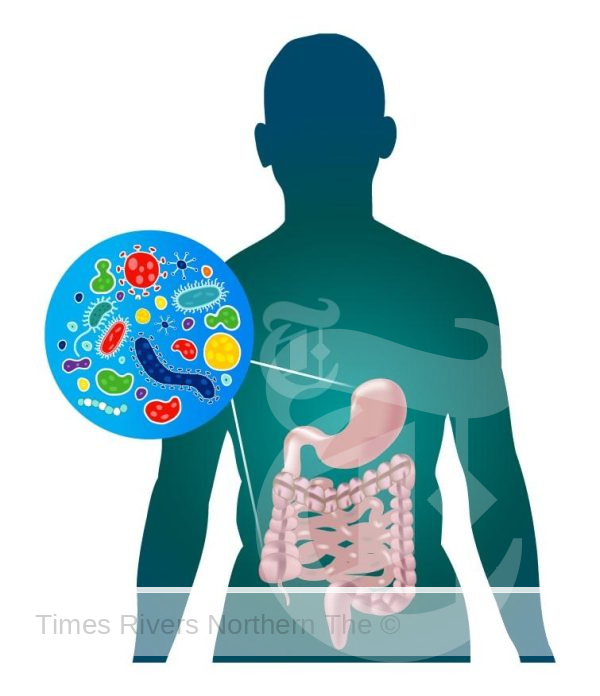Gut microbiome and gene editing projects share in $3 million research funding
Dementia Australia
Exploring how the gut microbiome may be key to the early diagnosis and development of treatments for Alzheimer’s disease and combining gene editing technology with artificial intelligence are just two of the projects to receive funding from the Dementia Australia Research Foundation’s 2023 Grant Round.
The Dementia Australia Research Foundation today announced funding for 24 projects in the 2023 Grants Program, worth more than $3 million in total.
Macquarie University post-doctoral fellow Dr Pradeep Manuneedhi Cholan received the Race Against Dementia – Dementia Australia Research Foundation Post-Doctoral Fellowship to study how the gut microbiome impacts the progression of Alzheimer’s disease.
Established in 2020 by racing legend and Dementia Australia Patron Sir Jackie Stewart OBE’s Race Against Dementia charity and the Dementia Australia Research Foundation, the Fellowship supports early career researchers in the field of dementia prevention or treatment.
“The gut is often referred to as our ‘second brain’ as it can control our emotions, stress response and cognition. Previous research has shown that the metabolites produced by bacterial species in the gut can impact inflammation in the brain, which can either exacerbate or alleviate the progression of Alzheimer’s disease,” Dr Cholan said.
“What is not known is specifically how the metabolites produced by different types of gut bacteria can regulate the progression of Alzheimer’s disease which is what I will be focusing on with this project.
“If successful, this project will pave the way for the early diagnosis of Alzheimer’s disease and aid in the development of new drug treatments. It could also allow for better management of Alzheimer’s disease by analysing the gut composition of patients and providing them with lifestyle-based interventions tailored to their particular microbiome.”
Sir Jackie Stewart said Race Against Dementia prides itself on finding new ways of doing business.
“We are very pleased to welcome Pradeep to the team as his commitment and ingenuity are essential tools that will assist us to find new avenues for treatments to challenge dementia in the fullest sense,” Sir Jackie said.
Dr Caitlin Finney, from the Westmead Institute for Medical Research, will receive a Dementia Research Community Project Grant for a project that combines artificial intelligence and gene editing technology to develop better targeted treatments for Alzheimer’s disease.
“We know that genetic differences in our DNA might play a role in causing Alzheimer’s disease. Using a type of artificial intelligence called supervised machine learning, we have identified two genetic mutations that show up commonly in people living with late onset Alzheimer’s disease,” Dr Finney said.
“What this grant will enable us to do is to collect skin samples from people living with Alzheimer’s disease and use these cells to grow mini-brains in the lab. Using a gene editing technique called CRISPR-Cas9, we will be able to insert and remove the genetic mutations we have identified.
“This will allow us to learn new ways to keep our brains healthy as we get older. This knowledge can also help clinicians treat Alzheimer’s disease in a personalised way, where we correct the effects of DNA mutations with targeted treatments. If we find the real reasons why Alzheimer’s disease develops, we may even be able to prevent it from starting.”
Dementia Australia Research Foundation Chair Professor Graeme Samuel AC congratulated all successful 2023 grant recipients.
“The diversity of projects selected shows we have a very exciting future for dementia research,” Professor Samuel said.
“With dementia affecting almost 50 million people worldwide, research into dementia is now more urgent than ever.”
The Dementia Australia Research Foundation acknowledges the generosity of donors who contribute each and every year to support dementia research and the grants program. Since the Dementia Grants Program started in 2000, over $31 million in funding has supported more than 380 projects.
The full list of grant recipients is available here.
The Dementia Australia Research Foundation is the research arm of Dementia Australia, which provides funding to support new and emerging dementia researchers.
For support, please contact the National Dementia Helpline on 1800 100 500. An interpreter service is available. The National Dementia Helpline is funded by the Australian Government. People looking for information can also visit here.
For more National Australia News, visit here.





 Tweed Shire News2 years ago
Tweed Shire News2 years ago
 Motoring News1 year ago
Motoring News1 year ago
 COVID-19 Northern Rivers News3 years ago
COVID-19 Northern Rivers News3 years ago
 COVID-19 Northern Rivers News3 years ago
COVID-19 Northern Rivers News3 years ago
 Northern Rivers Local News3 years ago
Northern Rivers Local News3 years ago
 Health News3 years ago
Health News3 years ago
 COVID-19 Northern Rivers News3 years ago
COVID-19 Northern Rivers News3 years ago
 NSW Breaking News3 years ago
NSW Breaking News3 years ago
























